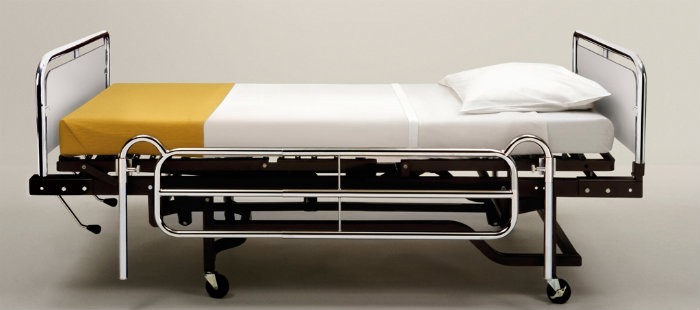September 21, 2014
What are we to feel? Kind people, or people who want to appear kind, will bite their tongues to separate Rob Ford’s health crisis from his character. But the Fords actually want to drive these together. Cancer becomes a campaign opportunity, to show how a pious commitment to neoliberal hooliganism is the noblest way to confront death.

